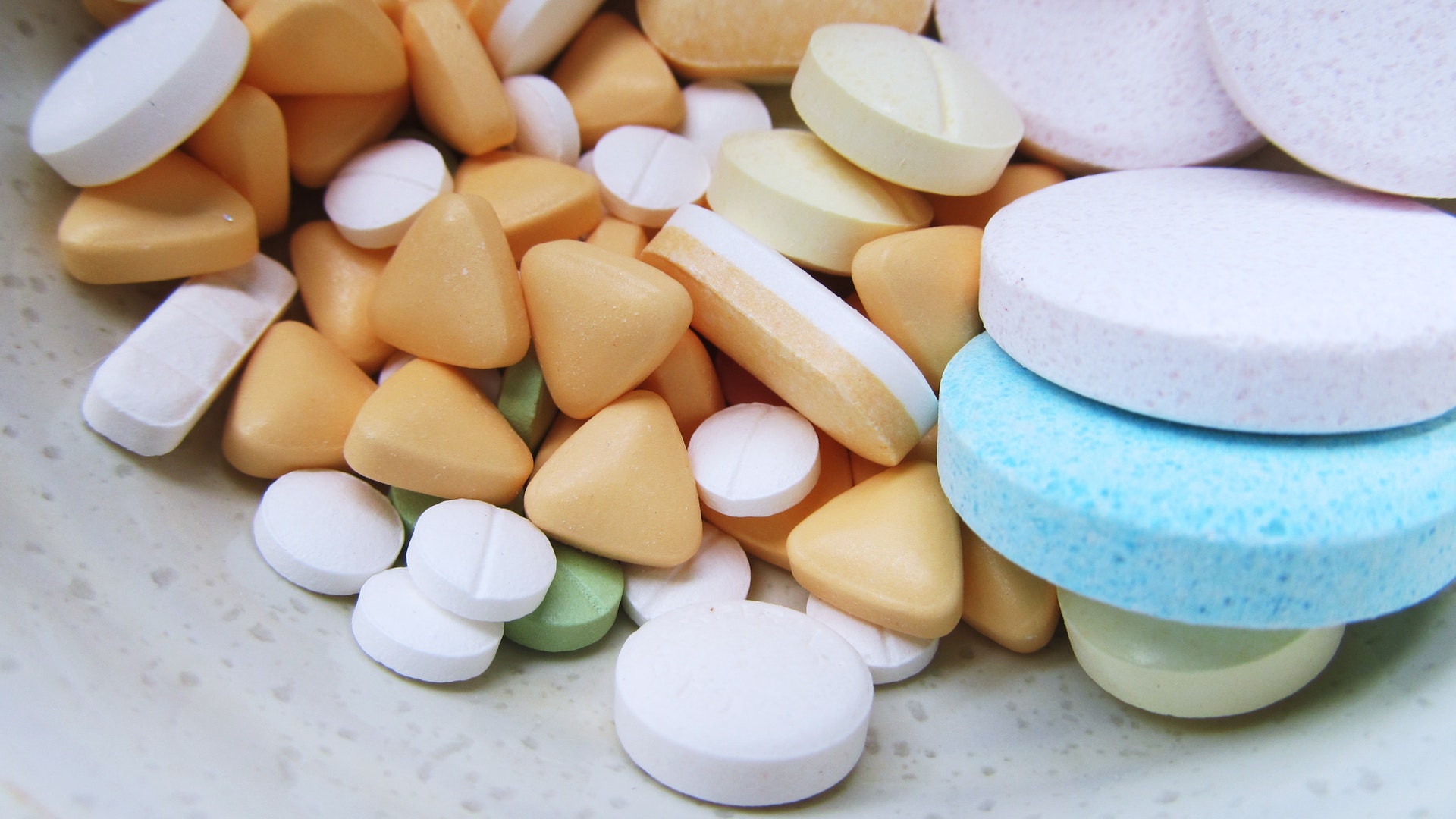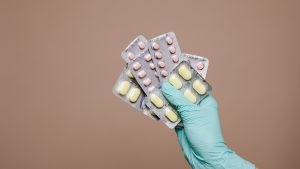What are the durations of the various medications?
Many drugs are available in two types: immediate-release (IR) and extended-release (ER) (ER).
Immediate-release
Immediate-release drugs, as the name implies, operate swiftly to relieve symptoms. The disadvantage is that relief may last only a few hours before the medication wears off, and this drug may need to be taken in various doses throughout the day.
Extended-release
Extended-release drugs have a slower absorption rate and a longer-lasting effect, frequently up to 24 hours with a single dose. Once-a-day dosing, when possible, maybe more convenient, especially for complex pharmacological therapy. “When compared to taking a prescription two to four times a day, there’s less danger of skipping a dose,” explains Sophia De Monte, RPh, media advisor for the American Pharmacists Association.
The aims of you and your healthcare practitioner will determine whether you take extended-release or immediate-release medication. “When you have a headache, you want relief right away. “However, if you’ve had a significant procedure and know you’ll be in pain for a long period,” Dr. Ryan advises, “you may take an extended-release preparation to manage your pain for your recuperation.”
Extended-release vs. immediate-release drugs may perform better depending on a person’s age and liver and kidney health, which affect how the body breaks down and gets rid of medications.
Is there a better way to take some medications?
The most effective version is the most beneficial for the individual who is taking it. Adult drugs come in a wider range of forms, whereas most pediatric prescriptions are liquid or chewable.
Pill security
To save money or change the dose of their medication, many people split their tablets, and certain healthcare professionals even recommend this procedure. Before dividing a tablet, consult your healthcare professional and take into account the following FDA recommendations:
- If the FDA has approved it for tablet splitting, see the “HOW SUPPLIED” part of the drug insert or ask your pharmacist. Most long-acting, controlled-release and time-release drugs are not indicated for splitting.
- Look for a mark on the tablet that indicates where to divide it if it’s been allowed. Inquire with your doctor or pharmacist about the appropriate method for splitting a tablet.
- Before splitting the next tablet, take both halves of the previous one, and don’t split the full supply at once. Split pills can be affected by heat, humidity, and moisture.
- If you switch to a different prescription brand, make sure the new tablet can be split. Drugs are made in a variety of ways by various companies.
Suggestions for taking pills
One out of three people has difficulty swallowing medicines, resulting in gagging, vomiting, or choking. This may lead individuals to stop taking their prescriptions, causing their condition to deteriorate.
Researchers examined alternative swallowing procedures with pills of various shapes and sizes in a study published in the Annals of Family Medicine. They discovered two methods for making it easier for patients to swallow medications.
- Pop-bottle approach for tablets
Place the tablet on the tongue after filling a plastic water or soda bottle with water. Close your lips tightly around the bottle’s opening and drink the water and tablet with a rapid sucking action, avoiding letting air into the bottle. The bottle should squeeze in on itself as a result of the action. This approach aids in the avoidance of swallowing as a conscious act.
- Lean forward approach for capsules
Place the capsule on your tongue and drink a medium sip of water without swallowing. Tilt your head toward your chest to bend your head forward. With your head bowed forward, down the capsule and water.
For easier swallowing, some people smash tablets or open capsules and incorporate them into soft food like applesauce or pudding. According to experts, this is not recommended for all medications, especially extended-release pharmaceuticals. Crushing them can create negative effects by releasing the drug too soon. Before you do anything, talk to your doctor or pharmacist.





